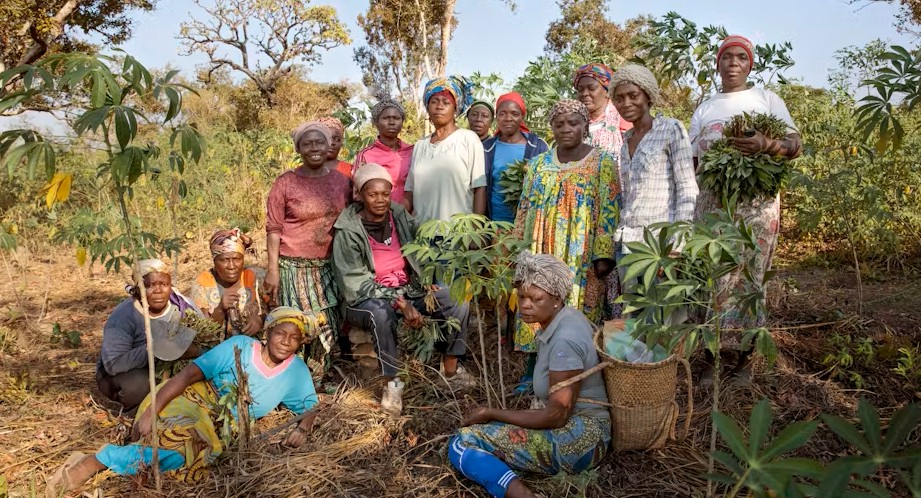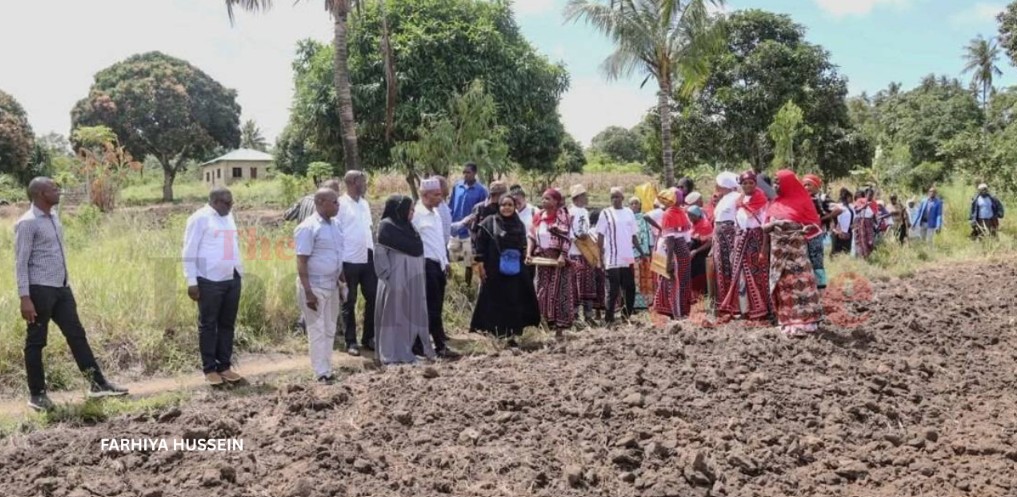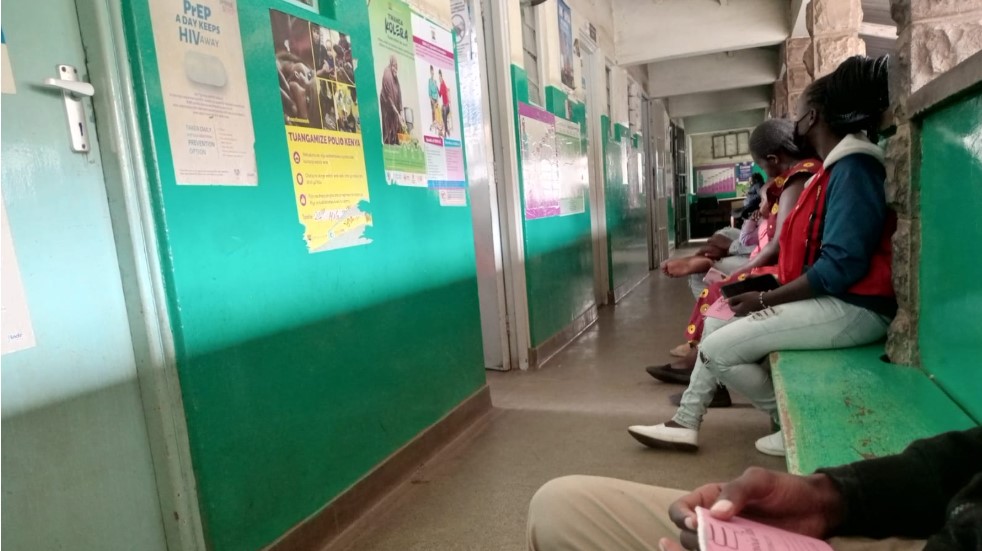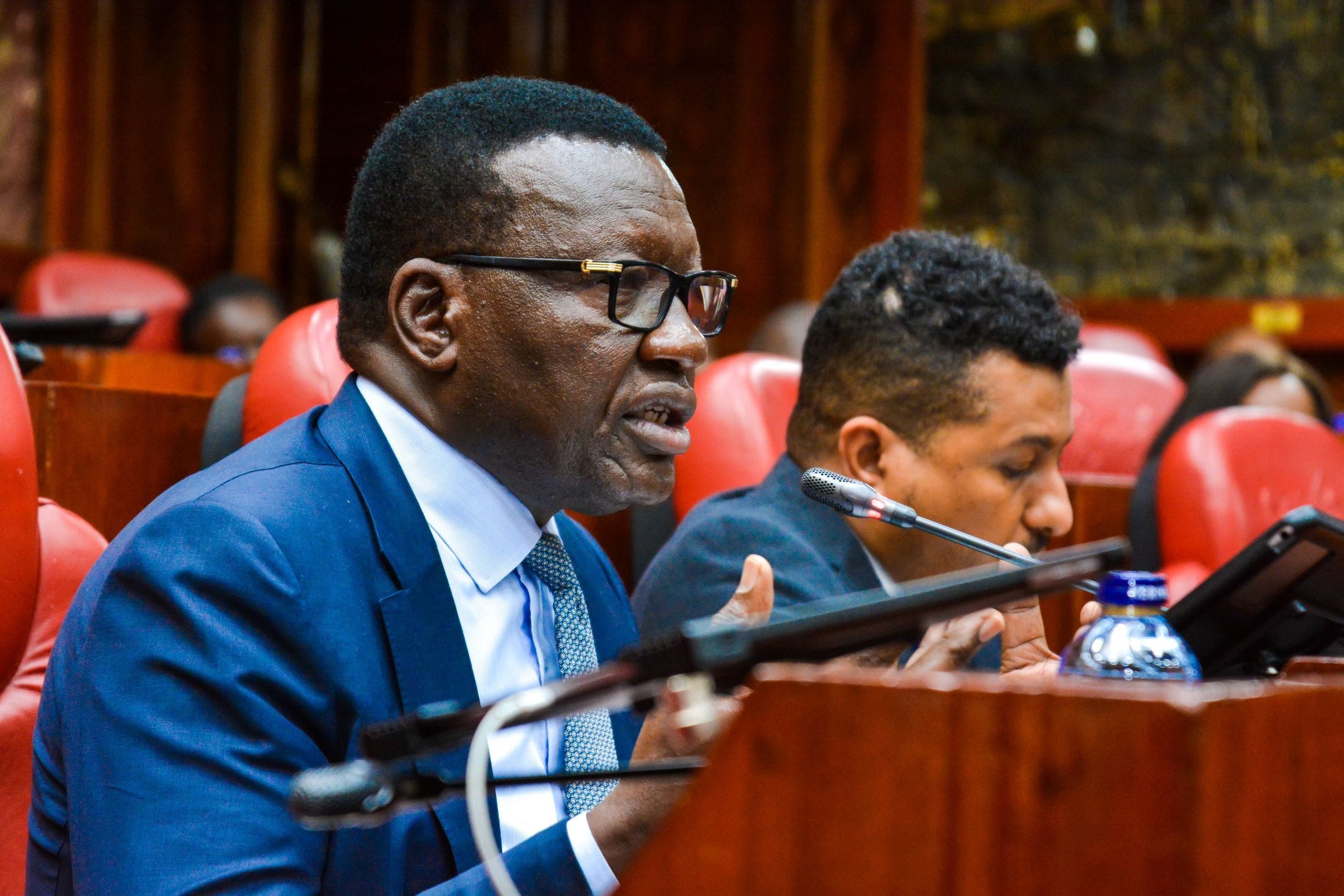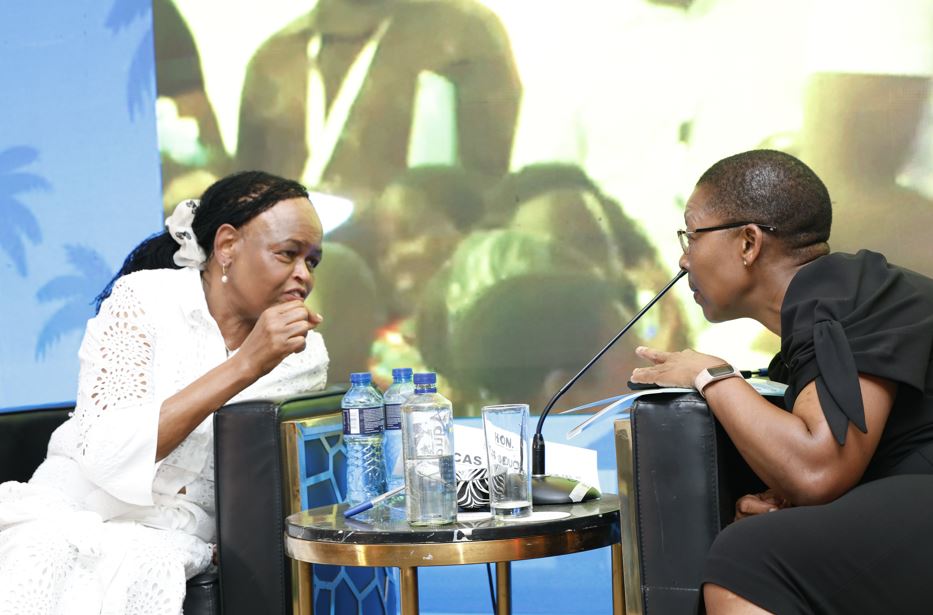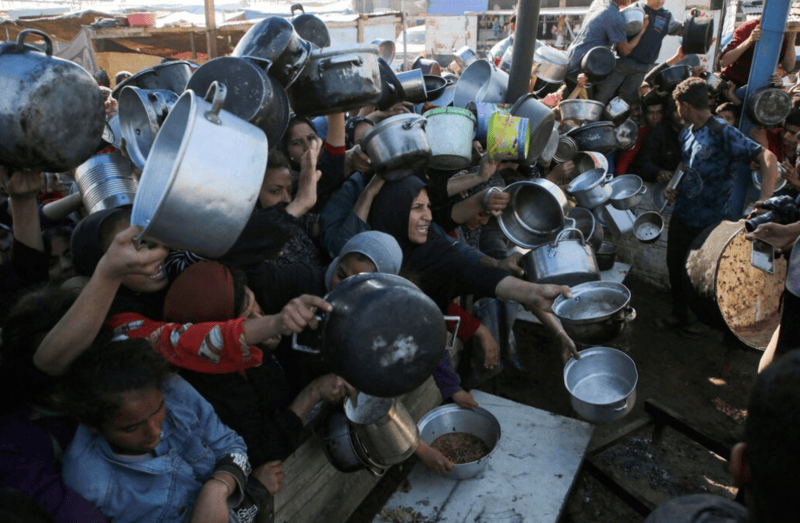Children in Darfur left in desperate conditions as worsening violence displaces families

The latest wave of violence, which escalated on April 11, has led to the deaths of hundreds and forced a mass flight from Al Fasher and the camps of Abu Shouk and Zamzam.
Children are once again at the centre of a worsening crisis in Sudan’s Darfur, as violence pushes families out of their homes and into desperate conditions.
Many, according to the United Nations Children's Fund (UNICEF), have been forced to flee not once, but two or three times, as fighting spreads and safety remains out of reach.
More To Read
- 17 areas of Sudan "at risk of famine": UN spokesman
- Cholera kills 40 in Sudan’s worst outbreak in years
- RSF attack on Darfur camp kills 40 civilians, injures 19 in escalating Sudan conflict
- After starvation in Gaza and Sudan, refeeding syndrome a risk
- Libya linked to Sudan’s RSF military camp as UN condemns arms flow amid ongoing Darfur conflict
- 16 killed, eight injured in paramilitary forces attack in western Sudan - volunteer groups
“As fighting intensifies in Darfur, children are bearing the brunt of a deepening humanitarian catastrophe,” said UNICEF Representative to Sudan Sheldon Yett.
The latest wave of violence, which escalated on April 11, has led to the deaths of hundreds and forced a mass flight from Al Fasher and the camps of Abu Shouk and Zamzam.
With no proper shelter, about 150,000 people have crowded unfinished buildings, schools, or trees in Al Fasher.
Many are still exposed to shelling and have no clean water, food, or health care.
In Tawila, another 180,000 people have arrived, pushing the total number of displaced people in the city to more than 300,000.
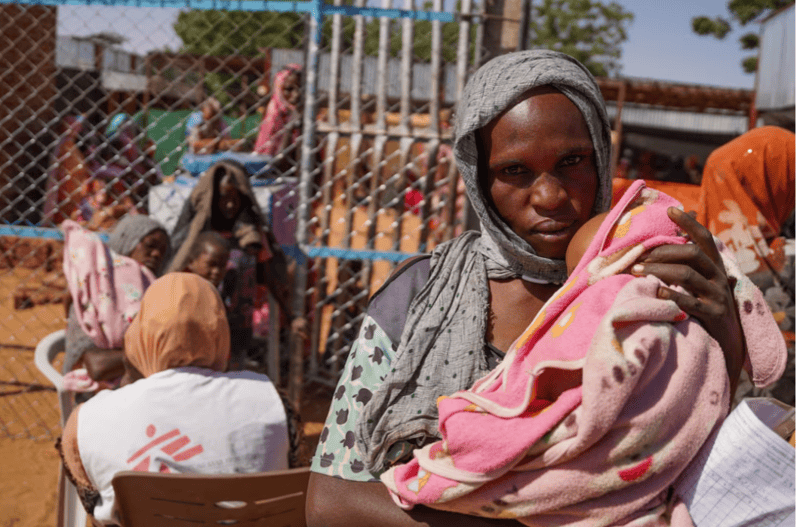 A woman and baby at the Zamzam displacement camp, close to al-Fashir in North Darfur, Sudan, January 2024. MSF/Mohamed Zakaria
A woman and baby at the Zamzam displacement camp, close to al-Fashir in North Darfur, Sudan, January 2024. MSF/Mohamed Zakaria
Trapped in Zamzam
“We are incredibly concerned about the situation for the unknown number of civilians who remain trapped in Zamzam – either without the means to leave, or forcibly prevented from doing so by armed groups,” said Yett.
For those who managed to flee, the situation remains dire.
In Al Fasher, movement is limited due to constant fighting, and humanitarian work has been badly affected. Hospitals are barely able to run, and fuel for generators is running low.
Medical supplies are expected to run out in weeks, and there are rising shortages of water.
“Outbreaks of preventable diseases are increasing. In Tawila, more than 800 suspected measles cases have been reported, while critical nutrition services have been suspended following attacks on facilities in Zamzam,” Yett said.
Despite the insecurity, UNICEF teams are still working to support children.
In April, five trucks carrying life-saving health, nutrition and water supplies reached Tawila, Zaleingei, and Jebel Marra.
These deliveries supported nearly 250,000 displaced people. But the need remains far greater, and access to those in need is still very limited.
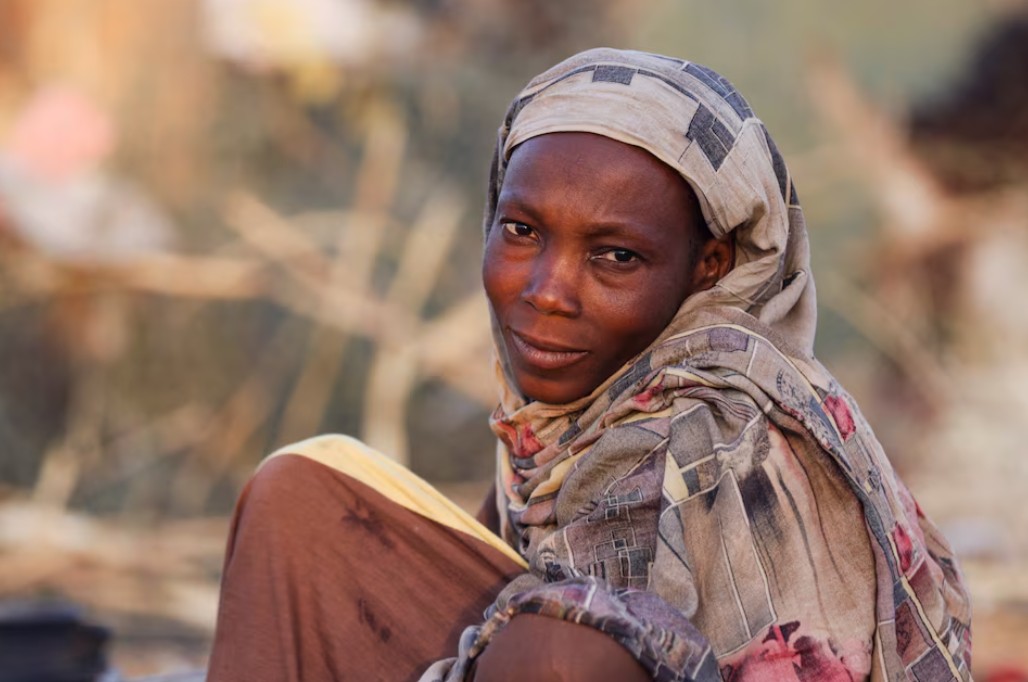 Najlaa Ahmed, a displaced Sudanese mother, looks on, following Rapid Support Forces (RSF) attacks on Zamzam displacement camp, as she shelters in the town of Tawila, North Darfur, Sudan April 16, 2025. (Photo: REUTERS)
Najlaa Ahmed, a displaced Sudanese mother, looks on, following Rapid Support Forces (RSF) attacks on Zamzam displacement camp, as she shelters in the town of Tawila, North Darfur, Sudan April 16, 2025. (Photo: REUTERS)
Overwhelming demand
“In Tawila, for example, while UNICEF-supported partners are on the ground, services cannot keep up with the overwhelming demand, and there is an urgent need to expand mobile outreach for health and nutrition,” Yett said.
For many children, daily life now means waiting in line for food or water, or sleeping under open skies with no idea what tomorrow holds.
“Every day without assistance and protection endangers more lives. Children must be protected, wherever they are. Humanitarian aid must reach them without delay, obstruction, or any other impediment,” Yett warned.
He said children are running out of food, out of medicine, and out of time.
UNICEF is calling on all sides of the conflict to allow aid to flow through quickly and safely.
“UNICEF urgently calls on the government and all parties to the conflict to facilitate rapid, safe, and unimpeded humanitarian access, across conflict lines, and ensure secured humanitarian corridors to facilitate aid delivery and population movement,” Yett said.
He added that humanitarian and human rights laws must be respected.
“Civilians and civilian objects must be protected. And above all else, the fighting must stop. This is the best way to protect children and restore hope.”
Top Stories Today
- Medicine shortages, SHA challenges leave Kenyan patients struggling
- Ruku urges north eastern residents to register for IDs as barriers lifted
- Mwembe Tayari locals protest exclusion from Mombasa water project
- National Assembly approves Ruto’s nominees to police service commission
- Interfaith initiative praised for fostering harmony in Garissa
- MPs reject proposal to divert road maintenance funds for administrative use






